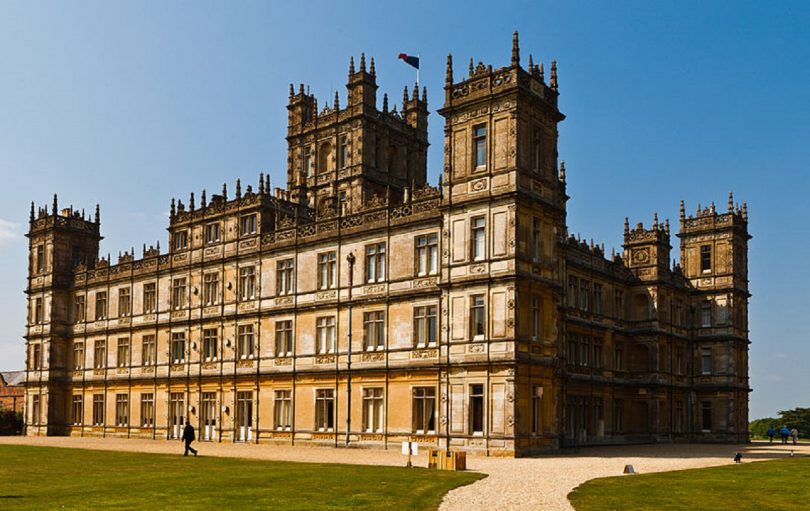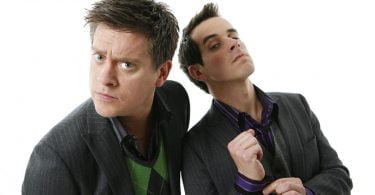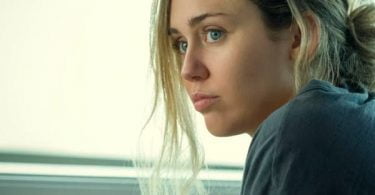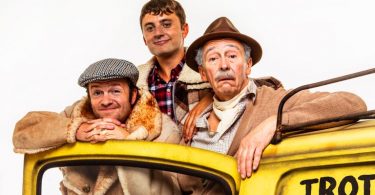The quote appeared simply on the Facebook page of a colleague of mine based in the States: “It can’t be over so soon!” The “it” she was referring to was Downton Abbey, the Julian Fellowes written drama looking at the lives of the Crawleys – Lord and Lady Grantham, Lady Mary, Lady Edith, the Dowager Countess, and their staff, and the evolution of titled families and class in the 1910s and 1920s.
Achieving critical success in the UK, it became a runaway success in the US, and became a hit for WGBH, the Boston, Mass. based public television station that produces the Masterpiece strand of British drama for a national audience.
This past Sunday, the curtain fell on Downton for the last time, as the camera lens panned away, fading into black. What became a winter tradition for viewers across the United States for the past six years was over.
An affinity for British culture
There is a long history of Americans’ love of British television, films and the actors behind them – from John Inman’s portrayal of Wilberforce Claybourne Humphries in Are You Being Served?, to Colin Firth as Mr Darcy in the 1995 adaptation of Jane Austen’s Pride and Prejudice, where the famous lake scene made all the women in America swoon.
The culture of this love extends to others as well as other actors including John Cleese, Jean Marsh (whose Upstairs, Downstairs programme in the 1970s was also a hit with US audiences), Dawn French, Mollie Sugden, Dame Judi Dench, Jennifer Saunders, Ricky Gervais, Patricia Routledge and Hugh Grant, who became an instant household name with Four Weddings and a Funeral.
They (and their associated programmes) appealed to American audiences because they did not rely on the traditional factors that Americans would look to for it be considered a hit. There was no graphic violence, no gore, no guns, and no graphic sex scenes. Indeed, the need to drop graphic obscenities every five seconds, as well the need to aim the humour to the lowest common denominator, saying it just to cause offence, was abandoned, because it was irrelevant.
The rule also applied to Downton. At the focus was the story, courtesy of the script penned by Fellowes, and the portrayal of these characters that kept us interested for six years, whether to watch to see if karma would bite the ever rude, egotistical Thomas on the backside, whether if Lady Edith would ever find true love amidst a continuing feud with Lady Mary, or to watch the classic one-liner responses from the Dowager Countess.
Americans just don’t understand
Game of Thrones and House of Cards may have the gore, sex and obscenity – but they will never really be remembered as the true definition of a television classic. Downton will be, and has shown that all you need is a good story – and for the modern culture of television in America, it filled a necessary hole, a concept that remained true with the final series.
“I love the way it’s all unraveling,” said Michelle Dockery, who plays Lady Mary, in an interview with The New York Times at the end of 2015. “There is a feeling of people moving on with their lives and the sense of the aristocracy as a kind of endangered species. But Mary is trying to keep it going; she doesn’t really like change.”
“Nobody does this kind of period drama better than the British.” https://t.co/qQlpD6KciY #DowntonPBS pic.twitter.com/AYgonlsl6r
— Erin Ruberry (@erinruberry) January 3, 2016
Indeed, many viewers, especially in the United States, were like Mary and not used to the change that Downton was ending. But, plead as they may, Fellowes, also speaking to the Times, believed that it was time for it to end.
“You want to go at a high point,” Fellowes said. “You don’t want to go when everyone is relieved to see the back of you.”
The core cast of actors in Downton, including Dockery, Hugh Bonneville, Maggie Smith, Laura Carmichael, Elizabeth McGovern, Jim Carter, Phyllis Logan and Allen Leech will be remembered by many viewers, both in Britain and the States, for their characters.
Yet, they will be fondly remembered for what is important the most – the ability to create and take part in what a drama should be about – the story, produced with no fanfare and no required specialty, something producers in America will never understand.
What do you think of Downton Abbey and its contribution to television? Have your say in the comments section below.









